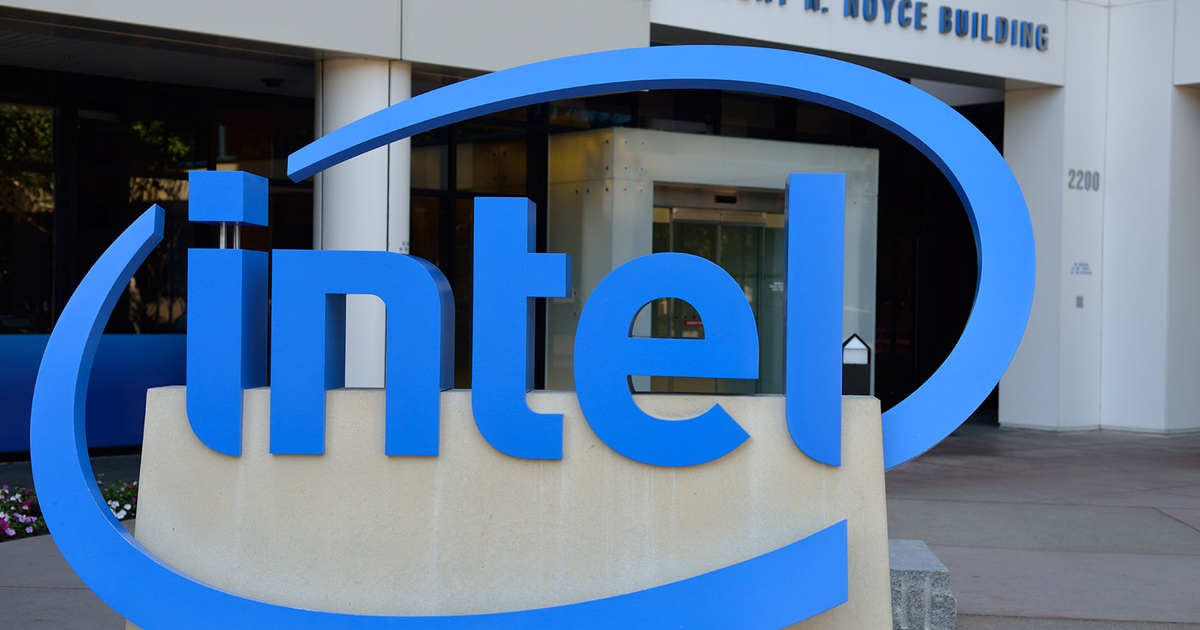Intel’s chip manufacturing unit, Intel Foundry, has reported significant operating losses for the past two years. In 2023, the unit suffered a $7 billion loss following the prior year’s loss of $5.2 billion. Despite a 31% drop in revenue from the previous year, totaling $18.9 billion for 2023 compared to $27.49 billion in 2022, Intel plans to move forward with an ambitious foundry plan that will invest $100 billion into chip factories in four US states.
The US is looking to increase its domestic semiconductor business and Intel’s American foundry plans have helped the company secure nearly $20 billion in CHIPS and Science Act funding. CEO Pat Gelsinger remains optimistic about the future of Intel Foundry despite warning investors about anticipated foundry losses in 2024 and mentioning that the unit may not break even until 2030.
Gelsinger assured investors that Intel Foundry would drive significant earnings growth for the company over time, with projections suggesting 2024 as the low point for foundry losses. Microsoft’s commitment to use Intel’s foundry services and contribute $15 billion to revenue has boosted investor confidence slightly but still left Intel shares falling by 5% in trading following the news of its financial losses.
Intel still has a way to go to catch up with semiconductor production leader Taiwan Semiconductor Manufacturing (TSMC), which is expected to see a 20% sales increase in 2024 to $83.4 billion. Gelsinger mentioned past missteps like not investing in extreme ultraviolet (EUV) machines from ASML and purchasing 30% of its silicon wafers as contributing factors to the revenue slide. By improving its EUV capabilities, Intel aims to bring more production in-house and reduce its reliance on third-party manufacturers like TSMC.
In addition, Intel announced plans to report the results of its manufacturing operations as a separate unit, with CEO Gelsinger stating this move towards transparency and accountability is necessary for the company’s future success.”

